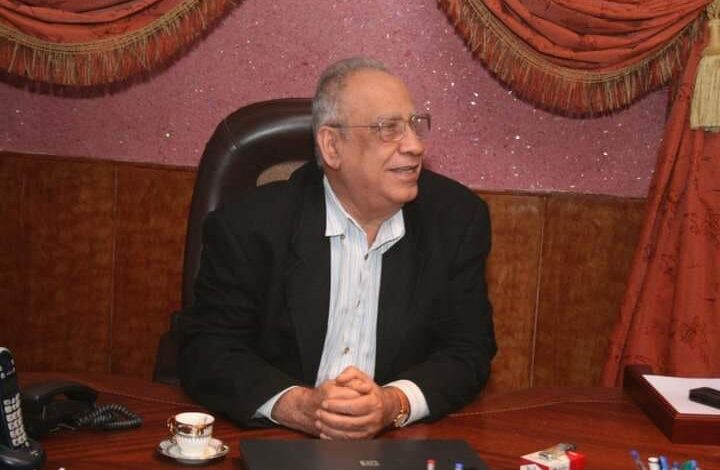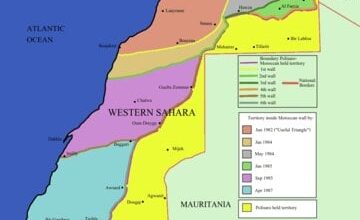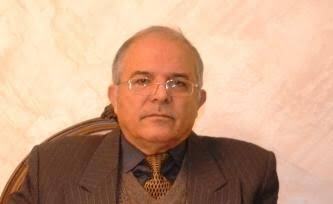On modernity and beyond By Dr. Youssef Makki June3, 2024
Translated from Arabic by Ibrahim Ebeid

On modernity and beyond
By Dr. Youssef Makki
June3, 2024
This talk is inspired by the book of the Arab thinker Muhammad Sabila, “Modernity and Postmodernism,” published by the Moroccan Dar Toubkal in 2006. Despite its small size, the book does not exceed one hundred and eight pages. It provides an accurate summary of modernist heritage and a deep reading of the elements that contributed to the emergence of the concept of modernity, including the European Enlightenment. It also discusses the political, economic, political, and sociological factors that led European societies to move from modernity to beyond.
This talk aims not to emulate what the author has done nor to discuss the historical development of the two concepts and the circumstances that contributed to their strong place on the European continent beyond what we aspire to in a short article. What we are interested in in this reading are the projections of modernity and its aftermath on the Arab reality, specifically in the course of the Arab awakening movement, which began in the middle of the nineteenth century and has been hindered to this day by external and subjective factors, which we have discussed in some detail in previous readings.
Modernity has been linked to the European continent’s major transformations since the beginning of the seventeenth century in many contexts: epistemological, technical, political, and religious. It consists of gradually moving from the character of reflective thinking to scientific thinking and realizing reason using modern technologies. To say that modernity is, in one of its elements, the adoption of scientific thinking means, among other things, the rejection of imitation and the adoption of knowledge based on observation, experimentation, and quantitative analysis. After all, it is a refusal to surrender to nature and a constant and persistent confrontation with it.
It can be said that modernity has led to major historical transformations on the planet and in the heart of the European continent. The religious reform movement, the social revolutions, especially the French and English revolutions, the emergence of the social contract theory, and successive industrial revolutions are the product of the entry into the stage of modernity. These transformations have made man, as Sabila says, a central theoretical and practical value, as modernity later became a universal value.
Modernity, in this sense, is not an abstract act but the product of historical development, the outcome of creative interaction and cross-fertilization between thought and its environment. Therefore, we find it sweeping regions of the world and refraining from positioning itself in other regions, as is the case now with our Arab homeland, where a historical blockage has occurred, which has prevented us, despite many attempts, since the era of Muhammad Ali Pasha, in Egypt, from entering the stage of modernization forcefully, in every sense of the word.
The process of its action in certain areas is much less than its process in others. Despite the tremendous scientific developments, the political rights they have achieved, the establishment of regimes based on the separation of powers, and the oppression of nature in many of their circles, they have led, especially outside their periphery, to the prevalence of a state of political subordination, cultural domination and economic domination towards the peoples of the Third World. It also prepared for Europe’s entry into the colonial era.
Postmodernism, on the other hand, is the product of tremendous developments in the economic world of the Central Countries. It reflects the transformation of societies on the European continent and North America into a state of abundance and consumption. In other words, the concept of postmodernism refers to transformations in the fields of history and sociology experienced by European societies since the middle of the twentieth century, as they began to notice new changes in social lifestyles, which went beyond the policy of savings and capital accumulation, to extravagance and exaggerated consumption. In this context, new economic theories have emerged that justify the new behavior and consider it an active element in increasing production and developing its tools.
For us Arabs, this new pattern of social behavior in the Western world has been. It continues to be detrimental to the development of our countries, for to ensure the continuity of this extravagant way of life, it is necessary to continue to seize, by consent or force, the wealth of other peoples and pumps it into the countries of the center. This was the first negative milestone of postmodernism for the development of our Arab societies.
Modernity entered our Arab societies through the gate of foreign occupation, and its aim was not to move our Arab societies from case to case, from regression and imitation to a state of creativity and initiative. Modernity has not been localized, nor has it been transformed into a subjective act. Indeed, most of the attempts made by the Arabs to acquire the elements of modernization were hindered and blocked by the invaders who came to this part of the world promising freedom, human dignity, and emancipation.
The sponsors of modernization attacked us with their latest products, hindered the construction of national industries, and eliminated craft industries. They have significantly transformed our countries from productive to rentier economies. Even their geographical discoveries were at the expense of the vitality and activity of the ancient Arab ports in Beirut, Alexandria, Basra, Latakia, and all Arab ports in the Mediterranean basin.
Hence, at the moment of confrontation, we could not distinguish between the values preached by the European Enlightenment, which were translated into Europe in the period of modernity and the aftermath. For us Arabs, it was linked to the occupation of Algeria and the attempt to steal its identity, as well as to the occupation of Libya, Morocco, Egypt, and Sudan, the signing of the Sykes-Picot Agreement, the Balfour Declaration, and the acquisition of the land of Palestine by the Zionists.
We urgently need to separate the European system of values and ideas, which have become universal values, from the postmodern projections of our Arab reality. Undoubtedly, this is one of our means to enter this era and identify with its giving, innovations, and achievements.
Translated from Arabic by Ibrahim Ebeid





